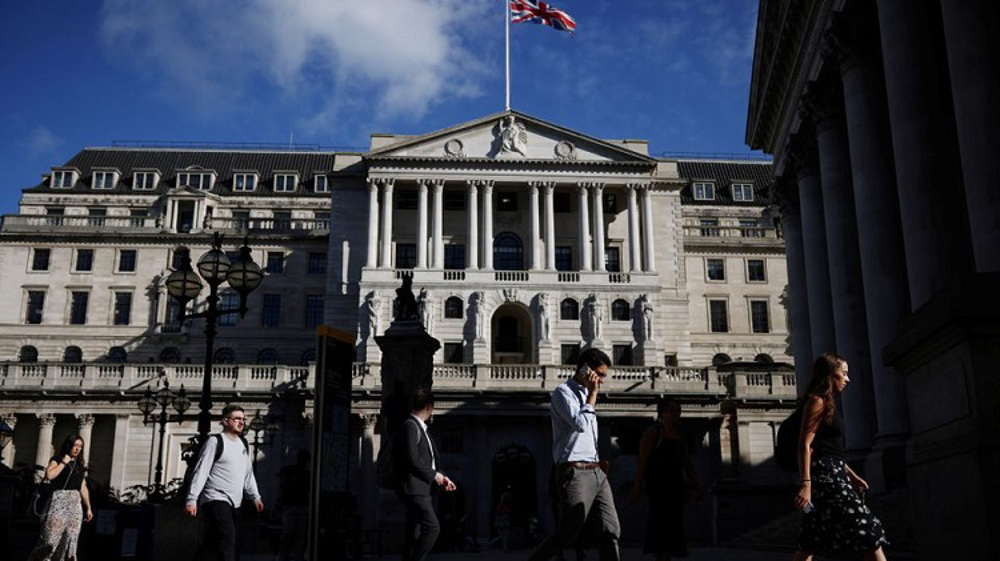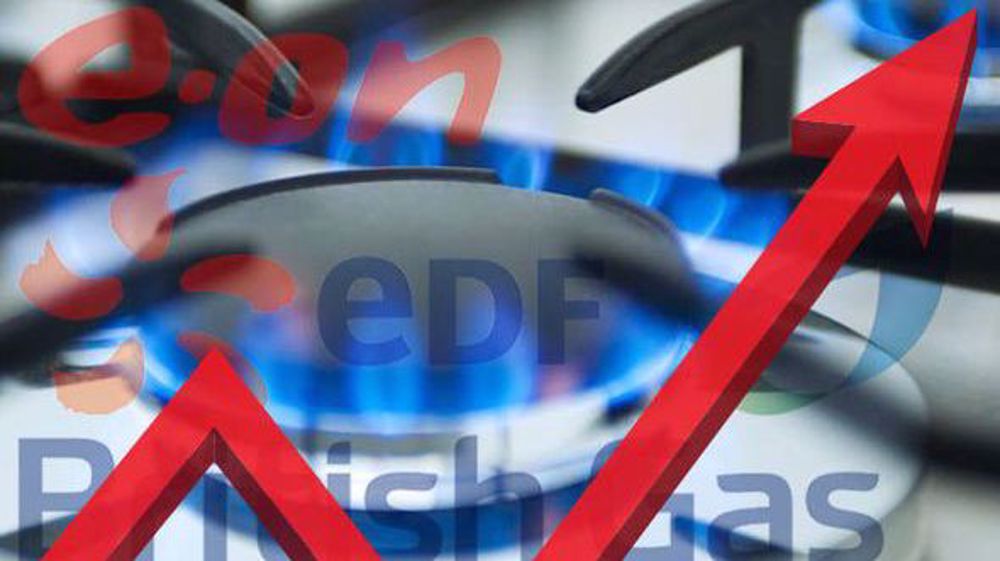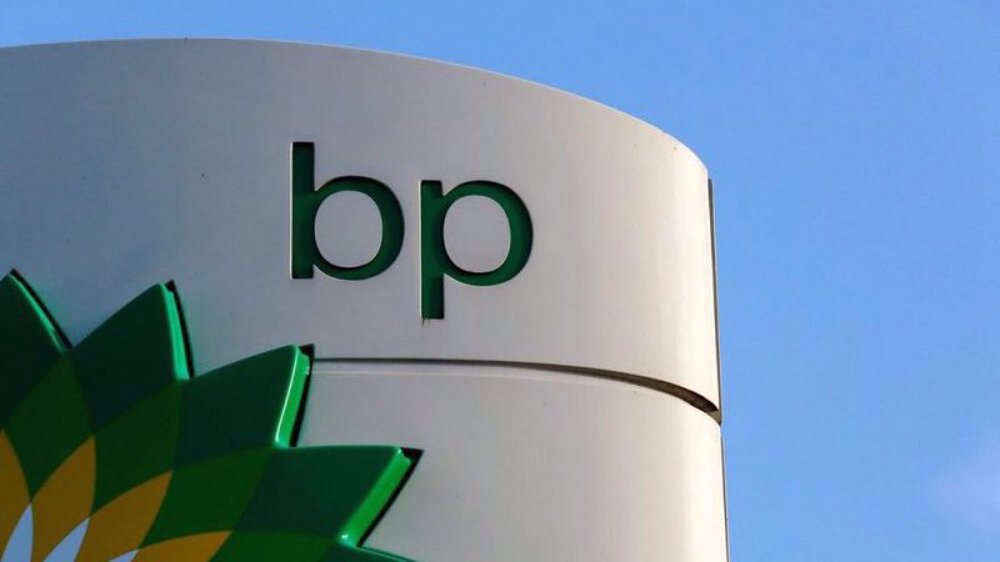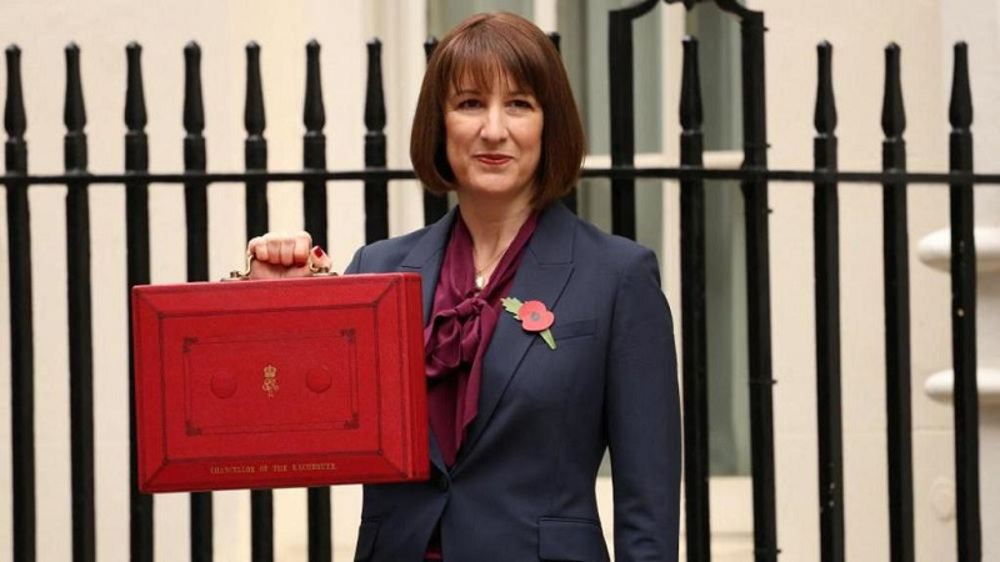BoE raises interest rates as inflation soars across UK
The Bank of England has doubled the interest rates, raising it from 0.25 to 0.5 percent in an attempt to tackle the soaring inflation in the country.
According to the BoE’s estimation, the UK is set to see its annual inflation rate at the peak of 7.25 percent in April, compared with 5.4 percent last December which was already a near 30-year high.
The economic growth for 2022 would also be hit by 1.25 percent, falling from 5 percent before the Omicron coronavirus variant struck, to 3.75 percent, the BoE said.
“Given the current tightness of the labor market and continuing signs of greater persistence in domestic cost and price pressures, the Committee judges that an increase in bank rate of 0.25% is warranted at this meeting,” said Andrew Bailey, the Governor of the BoE.
Policymakers were divided however on the size of the latest increase. Five of nine members of the Bank's monetary policy committee voted for the 0.25 percent raise, while four of them were calling for the rate to rise to 0.75 percent.
Justifying its rate hikes, Bailey later told a press conference on Thursday: “if we don't act it will be worse” for households.
The BoE, whose chief task is to keep UK annual inflation close to 2.0 percent, had already increased its main rate in December.
The development comes after the energy regulator announced on Thursday that it is rising the price cap by 54 percent from April, meaning energy bills for the average household will increase by £693.
Increasing the amount of pressure on Britons, energy regulator Ofgem was at pains to say that it had no choice but to raise the cap, which covers around 22 million households, following record global gas prices last year.
Charities and economists estimate that the price rise would have a destructive effect, with low-income families unable to afford the prices and middle-income families forced to cut back on spending elsewhere, in order to provide their energy costs.
HTS rulers name al-Qaeda operative as Syria's new spy chief
Iran voices concern about rising insecurity, violence in Syria
VIDEO | Karachi sit-in amplifies nationwide call for justice for Parachinar victims
Iran strongly condemns Israeli bombing of Yemen's civilian infrastructure
VIDEO | Press TV's news headlines
VIDEO | Israel and Iran’s Nuclear Facilities?
At least three killed as Israel bombs Sana'a airport, power plant
Palestinian children freeze to death amid Israeli carnage in Gaza











 This makes it easy to access the Press TV website
This makes it easy to access the Press TV website